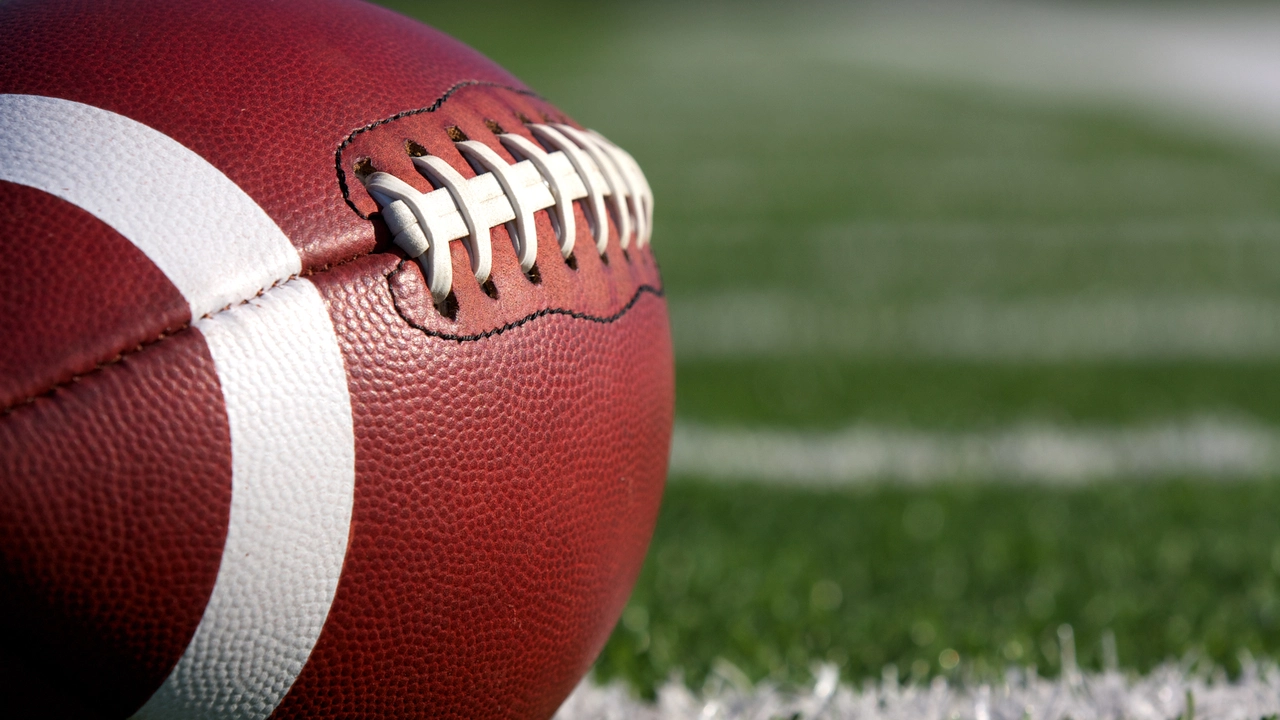Rugby Tactics in an NFL Game: What Could Happen?
If you ever watched a rugby match and thought, "That looks chaotic, but could work in football," you’re not alone. Fans love to wonder how a sport built on nonstop action would shake up the rigid play‑calling of the NFL. Below we break down the biggest changes you’d see, the practical hurdles, and why some ideas might actually stick.
How Rugby Style Play Would Feel on a Football Field
First off, rugby never stops the clock. Teams keep the ball moving, run laterally, and the ball is always in play unless it goes out of bounds or a penalty is called. Drop that into a football game and you’d see a drastic pacing shift. Instead of three‑down bursts, you’d get longer, flowing drives that force defenses to stay on their feet all the time.
Rugby’s passing rules also change the picture. In rugby the ball can’t be thrown forward – it must be lateral or backward. That would force NFL quarterbacks to abandon the deep‑air game and focus on short, quick tosses, similar to a hand‑off or shovel pass. Defenders, used to reading a deep route, would have to adapt to a constant scramble for the ball at the line of scrimmage.
Imagine an NFL offense that uses a rugby scrum formation after a turnover. The line would bind together, push forward, and the ball carrier would pop out at the back. It creates a massive, coordinated push that could smash through a defensive front that isn’t built for that kind of mass. The result? Short, powerful gains and a new way to grind down the clock.
Safety and Rule Challenges
Rugby players wear far less protective gear than NFL stars. Swapping helmets for headgear would raise safety concerns fast. Rugby tackles target the torso and hips, while football tackles often aim high. Changing the tackling technique would require new coaching, new drills, and probably a rule change to penalize dangerous hits.
The biggest rule hurdle is the forward pass. NFL law treats a forward pass as a fundamental play. If you ban it in favor of lateral passes, you’d need a whole new set of penalties for illegal forward throws. The league would also have to decide what to do with the line‑of‑scrimmage marker, because rugby has no snap.
Another safety issue is the continuous play itself. Rugby players are accustomed to playing through fatigue, but NFL athletes train for short, high‑intensity bursts. Extending the play time would demand different conditioning and could raise injury risk if not managed carefully.
Despite these obstacles, some elements could be borrowed without a full rule overhaul. Teams could adopt rugby‑style quick rucks after a tackle, meaning the ball is contested immediately rather than waiting for a new snap. This would speed up the game, keep defenses guessing, and add a fresh strategic layer.
Coaches could also experiment with rugby’s ‘phase’ system, where an offense gets a set number of chances to advance before a turnover is forced. This could replace the current three‑down system and encourage creative, attrition‑based play.
In practice, a hybrid match would look like a traditional NFL game that occasionally drops into a rugby‑inspired sprint. The offense might line up in normal formation, then after a turnover or a special‑teams play, they switch to a fast‑moving, low‑gear attack that uses lateral passes and continuous play. Fans would get a mix of the strategic depth they love from football and the relentless motion they enjoy from rugby.
So, could rugby tactics survive in the NFL? Some ideas, like quick rucks and intense short‑run pushes, could fit without breaking the game. Full adoption – no forward passes, no helmets – would be a massive shift and likely never happen. But the conversation shows how cross‑sport thinking can spark fresh strategies for both games. Who knows? The next big playbook tweak might just come from the rugby field.
What would happen if you use rugby tactics in an NFL match?
Can you imagine using rugby tactics in an NFL game? It's an intriguing thought. Rugby's philosophy of continuous play might create some chaos on an NFL field, known for its structured and strategized style. Incorporating rugby-style passing could add an unpredictable element to the game, but the lack of protective gear in rugby could present safety issues. Overall, it's an interesting concept that could shake up the conventional norms of NFL matches, but isn't without its potential complications.
